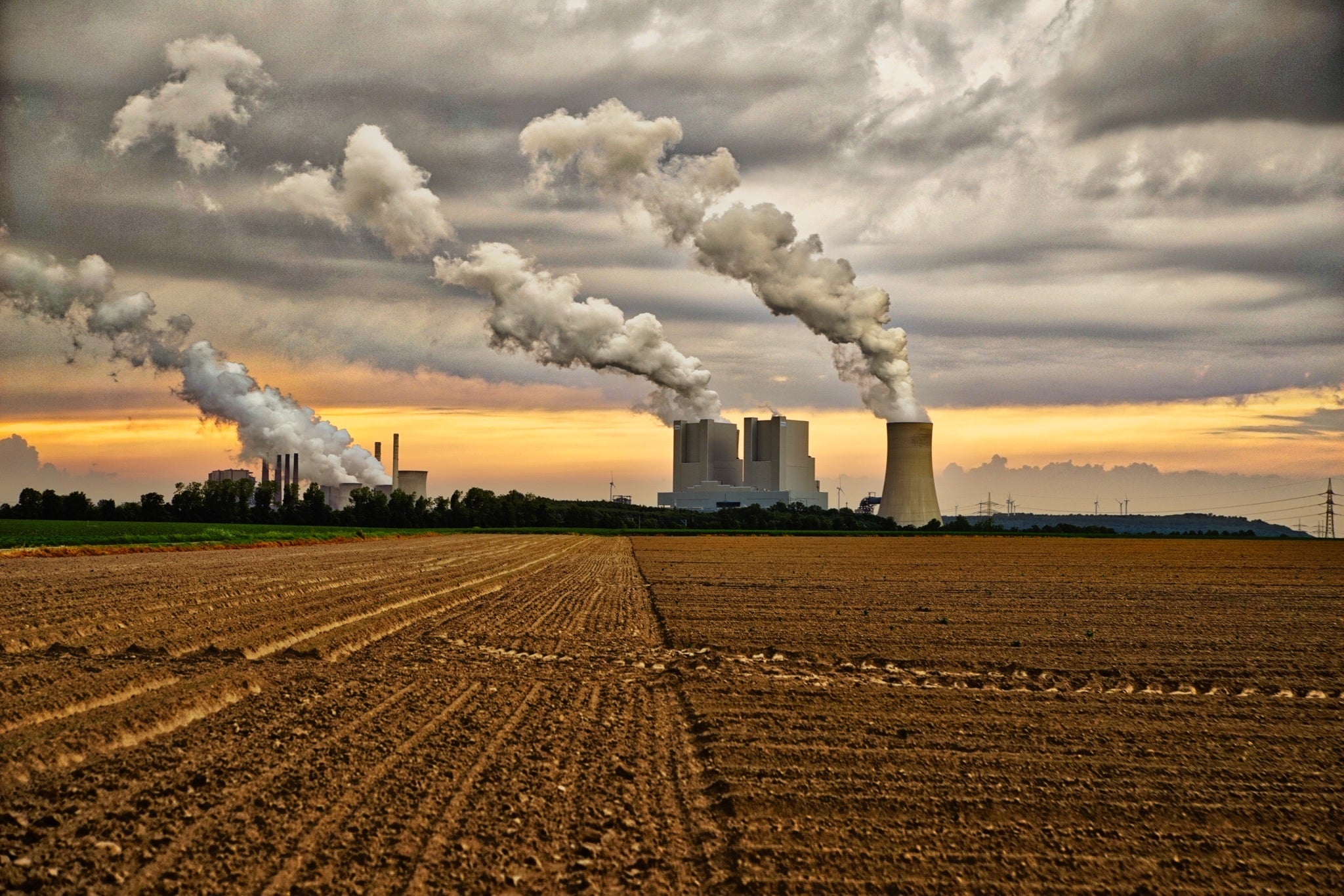Related: Lancet Countdown 2019 | 2020 | 2021 | 2022
Quick links:
The Lancet Countdown’s 2023 U.S. Brief underscores the escalating threat of fossil fuel pollution and climate change to health, highlighting an 88% increase in heat-related mortality among older U.S. adults and calling for urgent, equitable climate action to mitigate this public health crisis.
The U.S. Brief builds on the 2023 report of The Lancet Countdown on Health and Climate Change, the latest comprehensive yearly analysis tracking the impact of climate change on human health across 47 indicators. The 2023 report also projects the health benefits that would come from limiting climate change and meeting the Paris Agreement targets, and the health harms of continuing to burn fossil fuels.
The 2023 report represents the work of 114 leading experts from 52 research institutions and UN agencies around the world including the World Health Organization (WHO) and the World Meteorological Organization (WMO), providing the most up-to-date assessment of the links between health and climate change.
Our Affiliated Faculty Member and emergency medicine doctor Renee N. Salas, MD, MPH, MS is a senior author on the Brief and an author on the Global Report. She says, “There is overwhelming evidence presented in this most up-to-date Lancet Countdown assessment. Further expansion of fossil fuels is reckless and threatens the health and well-being of every American and people around the world. The dangerous side effects from fossil fuels—disease and death—are far too costly for my patients and communities. A just transition away from fossil fuels is the treatment my patients desperately need.”
The authors highlight climate solutions that are available today that will protect our health by ending our dependence on fossil fuels and slowing climate change:
- Take action to reduce air pollution, simultaneously reducing the health risks from fossil fuels and reducing GHG emissions.
- Protect health from future climate change by ending fossil fuel exploration and extraction, rapidly phasing out fossil fuel use, and ending fossil fuel subsidies.
- Make protecting and enhancing human health a central consideration in the transition to renewable, non-combustion energy.
- Invest in adaptation to protect people’s health from the harms of climate change.
For more information on what we can do today to protect health from climate change, read the 2023 Lancet Countdown U.S. Policy Brief. Dr. Gaurab Basu, our Director of Education and Policy, and Dr. Caleb Dresser, our Director of Healthcare Solutions, were reviewers.
Related Media:








